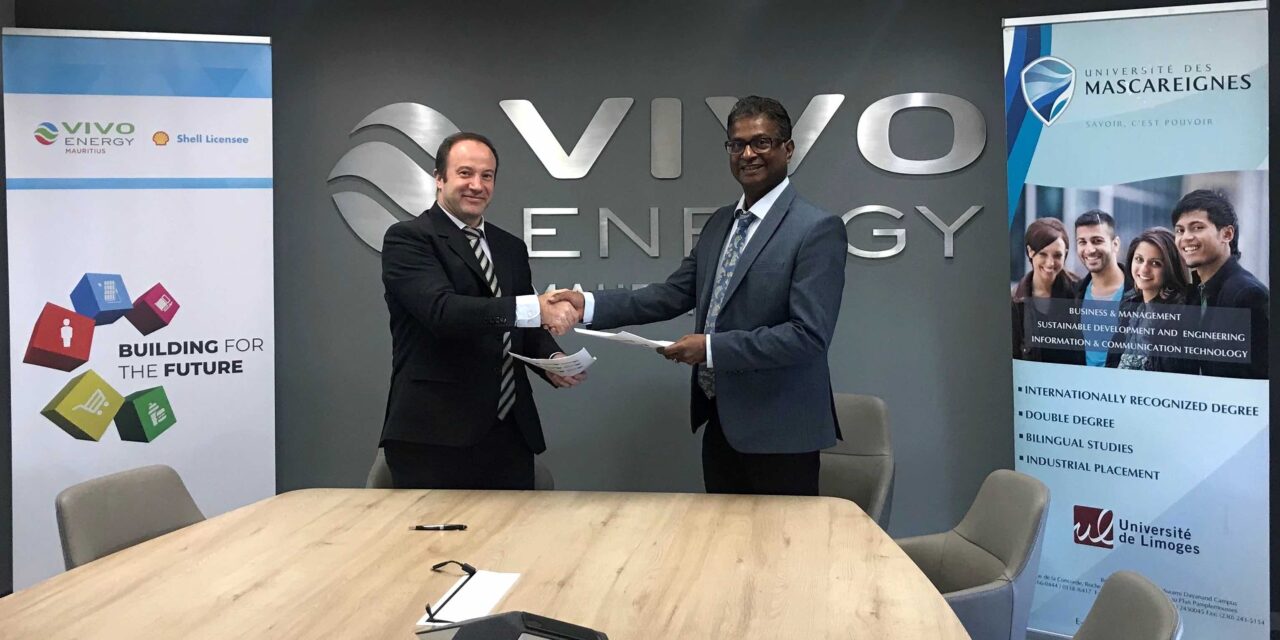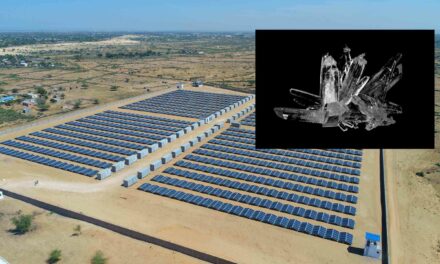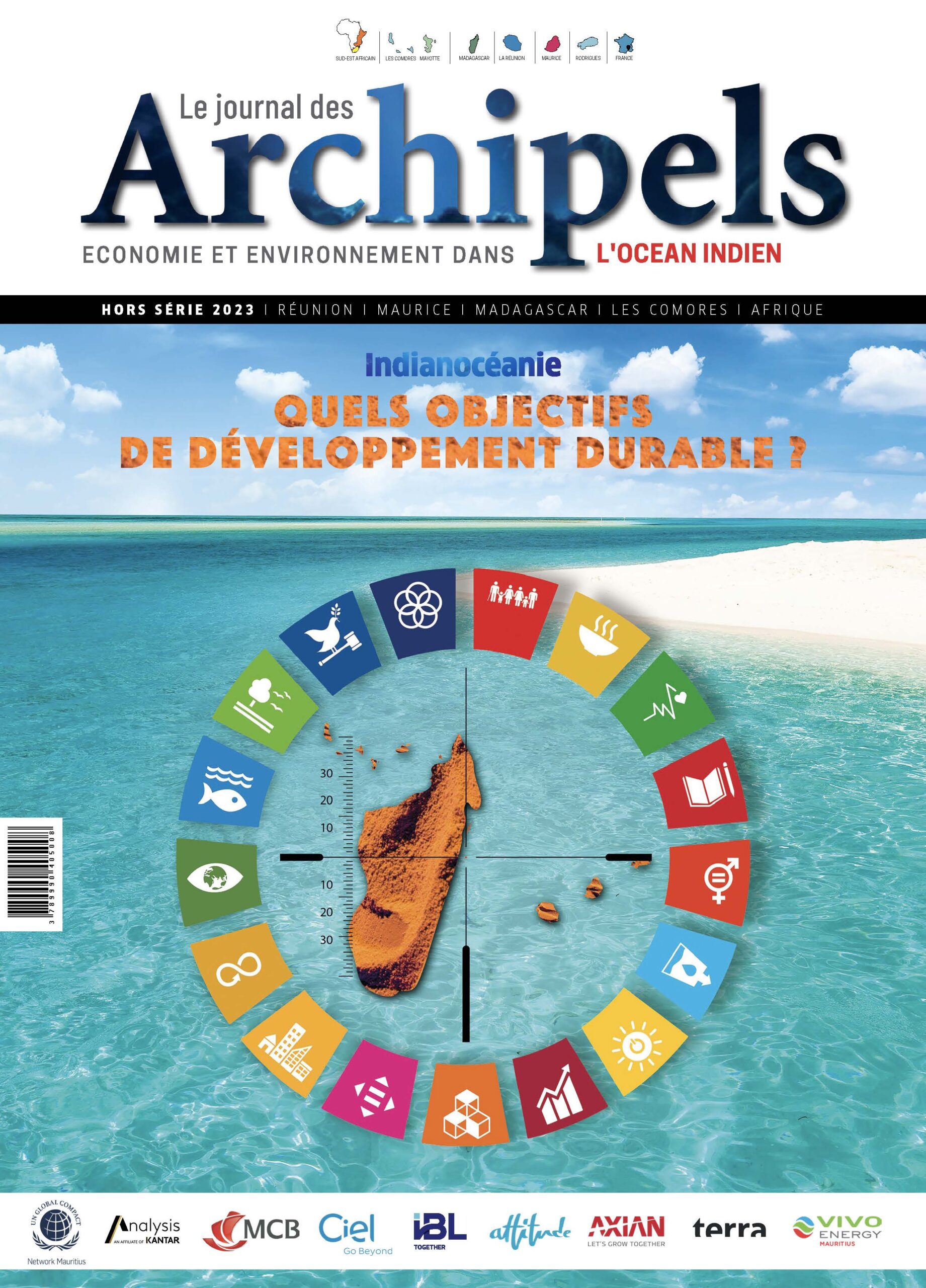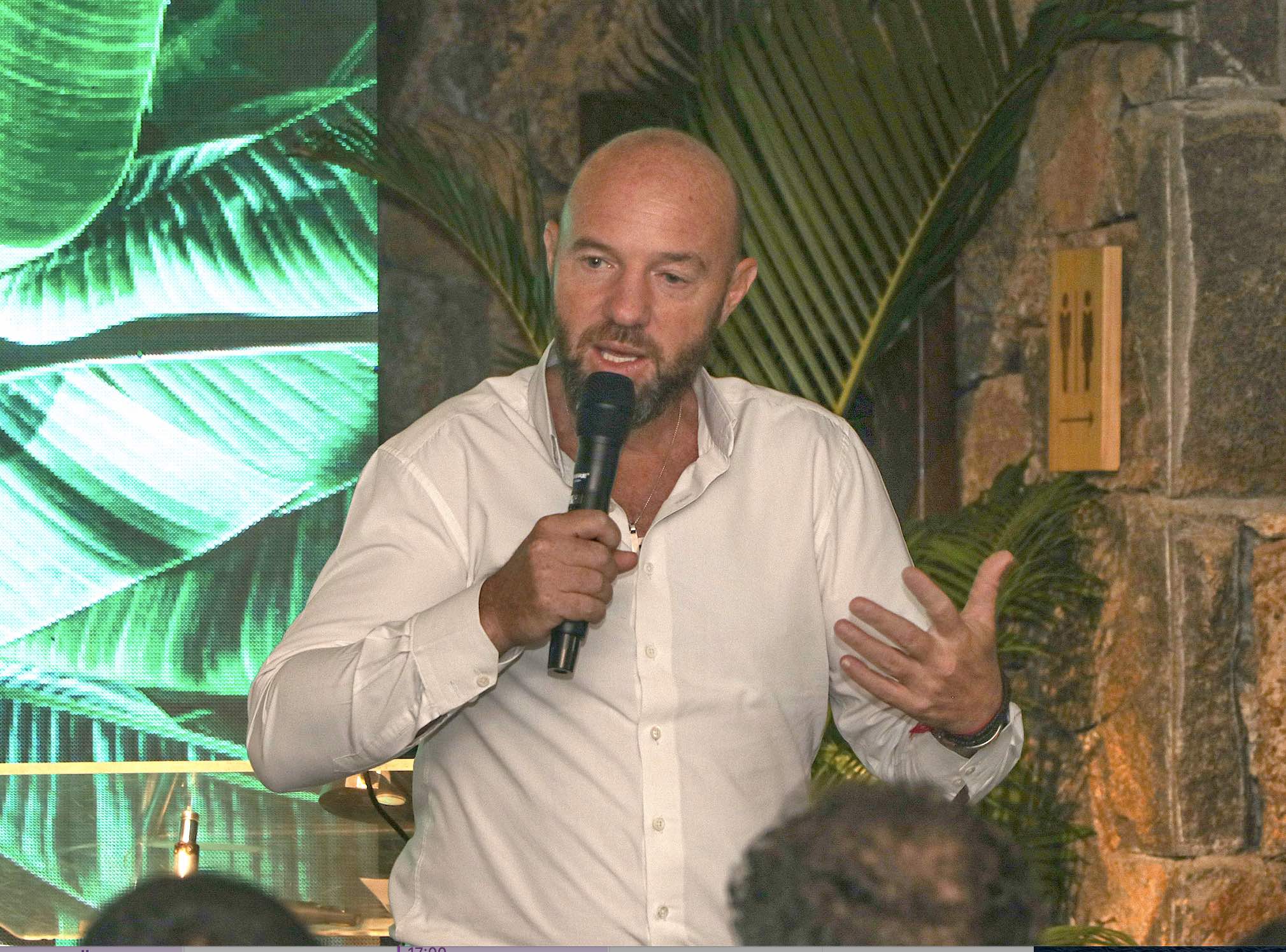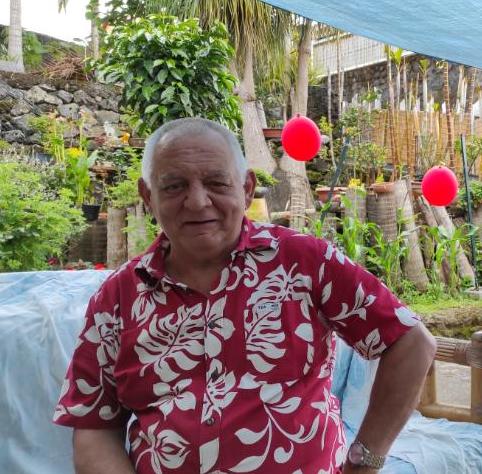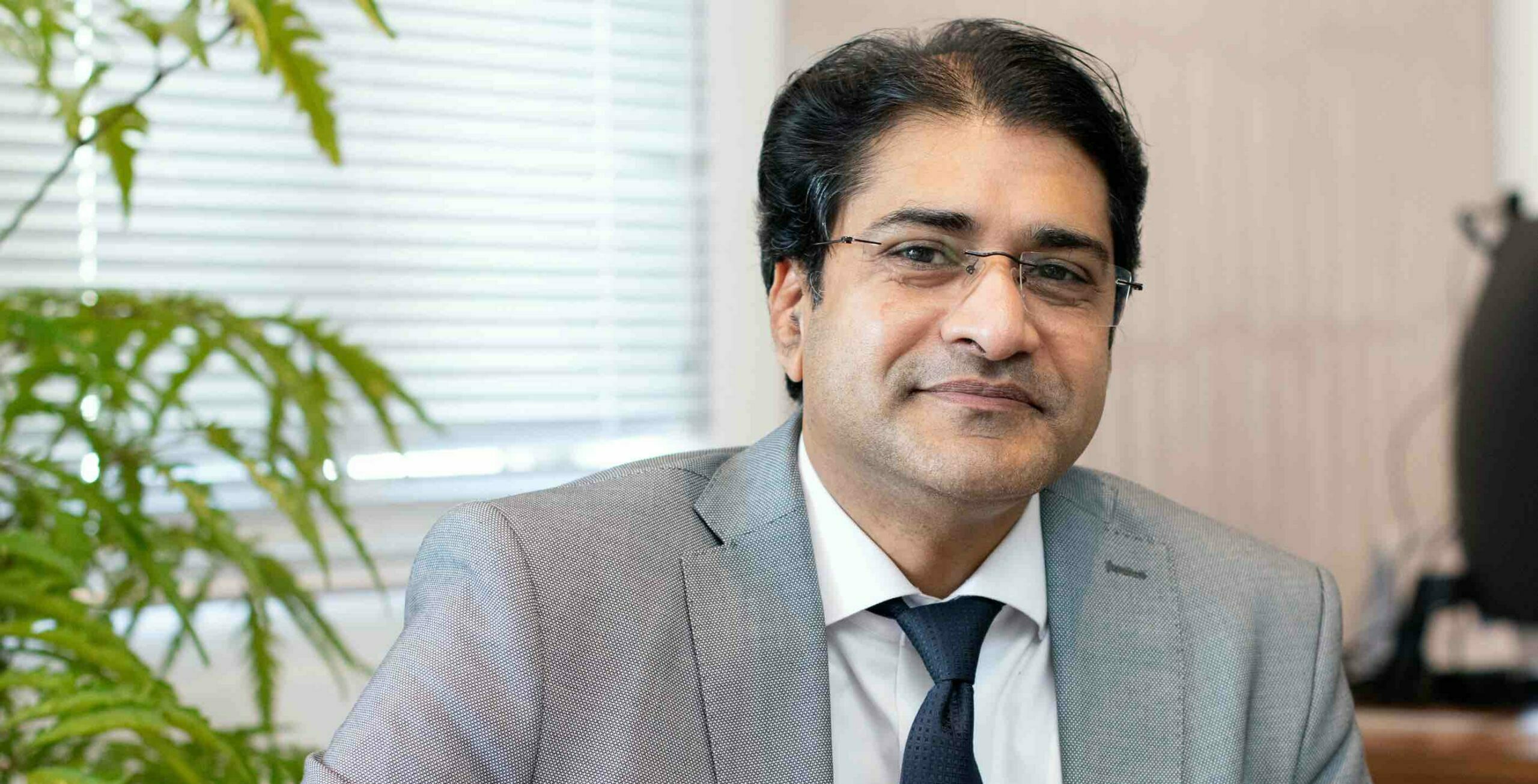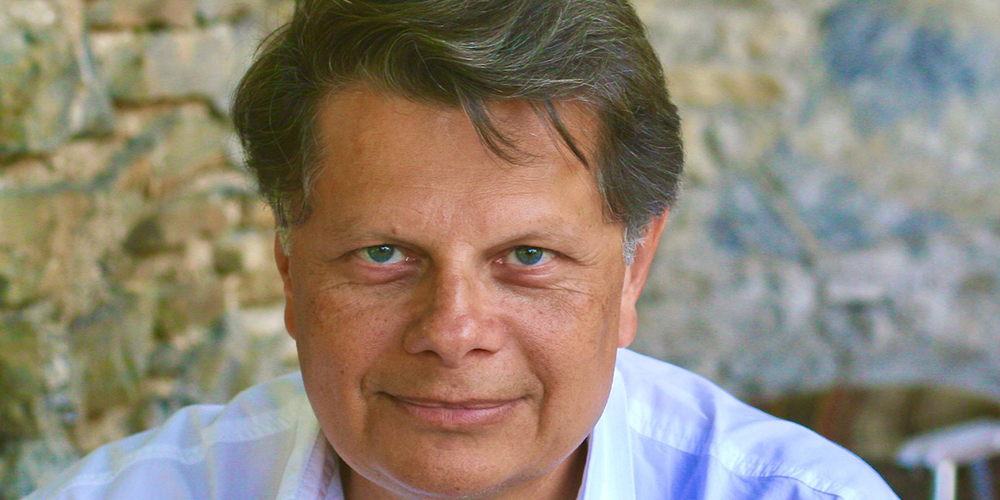Vivo Energy Mauritius, owner of the Shell franchise, has signed an agreement with the University of Mascarene to conduct a study on electric vehicle charging. The project aims to collect scientific data on battery charging from solar energy and ultimately promote clean mobility in Mauritius.
Photo (DR) Matthias de Larminat, Managing Director of Vivo Energy Mauritius, and Dr. Radhakhrishna Somanah, Director-General of the University of the Mascareignes, at the signing of the agreement.
Vivo Energy Mauritius will provide the tertiary institution with financial support to the tune of Rs 400,000 (about €8,000) spread over 2022 and 2023.
The agreement signed on the sidelines of this research project includes an analysis of Mauritian traffic to determine the need for electric car charging stations, but also the optimal location for three types of public electric vehicle chargers: fully green off-grid chargers, hybrid chargers (solar panels) and chargers connected to the Central Electricity Board’s grid.
“The energy transition remains an important appointment on the agenda and requires substantial investments, availability as well as competence to move projects forward”,explains Matthias de Larminat, Managing Director of Vivo Energy Mauritius, who is delighted with the partnership with the Université des Mascareignes.
In line with the COP 21 agreements
“Renewable energies and sustainable development are among the main topics of exchange and research.
This collaboration between the University of the Mascarene Islands and Vivo Energy Mauritius is in line with this and with our philosophy”,explains Dr. Radhakhrishna Somanah, Director of the University of Mascareignes.
Vivo Energy Mauritius is taking its full place on the reflection of the best energy mix for Mauritius in line with the COP 21 agreements and the energy transition. The company has organized and facilitated the first Energy Forum in 2021. Vivo Energy Mauritius has also included climate change in its management policy and strategies, allowing it today to fully play its role in meeting environmental policy commitments, while responding to the country’s economic growth.


